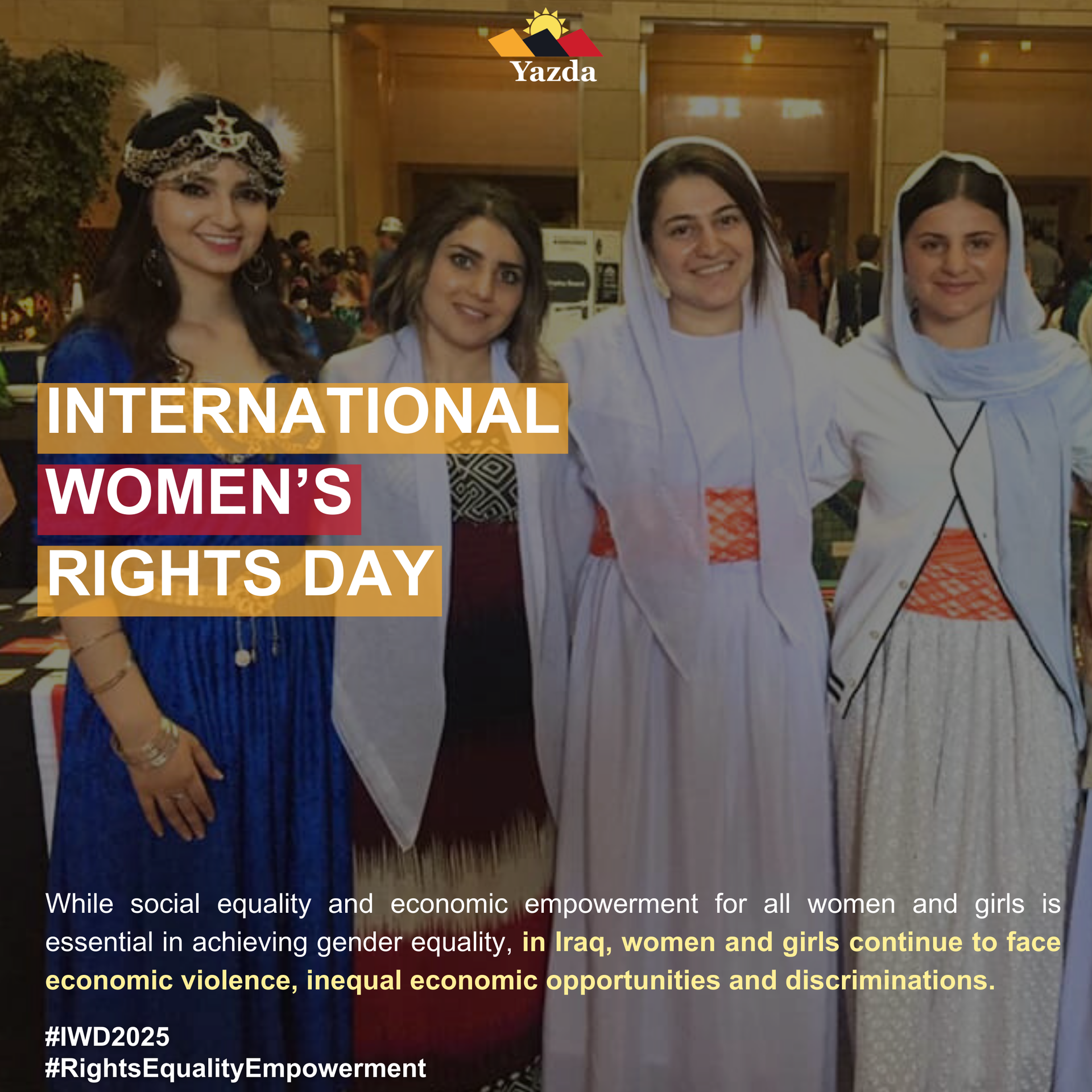Erbil, 03 August 2023
Nine years ago today, Yazidi people’s lives were shattered when the so-called Islamic State of Iraq and the Levant (ISIL) attacked Sinjar, their homeland in Northern Iraq. From the 3rd of August 2014, ISIL seized control of Sinjar and carried out egregious crimes against the Yazidi community, including genocide, crimes against humanity, and war crimes.
By just the first few days of the attacks, the 400,000-strong community had either been captured, killed or displaced. No free Yazidis remained in Sinjar. Men were executed; girls were sold into sexual slavery; and young Yazidi boys were forcibly recruited. Yazidi’s belongings were stolen, and their farms, sources of income, and religious and cultural sites were destroyed. Around 2,700 Yazidis are still missing, many mass graves are yet to be exhumed, Sinjar remains destroyed and unsafe, and justice still has to be served.
Yazda’s commemoration conference
To remember the events of 3rd of August and their ongoing impact, Yazda held a conference in Erbil today, under the patronage of the President of the Kurdistan Regional Government (KRG), His Excellency Nechirvan Barzani.
The conference successfully brought together a diverse group of participants, including survivors, high-level political and government representatives, as well as representatives from consulates, embassies, the UN, other multilateral organisations, civil society, and other passionate supporters of the Yazidi cause. The primary objective was to engage in meaningful discussions and collaborate on measures to ensure a sustainable future for Iraq's Yazidi community.
Participants covered, among other things, the need for; coordinating efforts to find missing people and exhume mass graves; greater security in Sinjar so internally displaced people (IDPs) can return to their homeland safely; and a strengthened humanitarian response to support improved access to basic services and infrastructure. The discussions also addressed the need to incorporate holistic and survivor-centered transitional justice processes domestically, including through establishing a legal framework and mechanism in Iraq to prosecute ISIL perpetrators for international crimes; and to end discrimination against Yazidis and other minorities.
Yazda’s groundbreaking report is released
At the conference, Yazda launched its new report, From Resistance to Rubble: The Stories of Ger Zarik, Siba Sheikh-Kheder and Tel Azer. The report explores the international crimes committed in the first three Yazidi-majority villages targeted by ISIL in the early hours of 3 August 2014, Ger Zarik, Siba Sheikh-Kheder and Tel Azer. Through the report, Yazda aims to shed light on previously under-documented locations, provide a nuanced look at how ISIL crimes impacted people at the village level, and illustrate the systematic and premeditated nature of the attacks. The report also highlights the resistance mounted by Yazidis in Ger Zarik and Siba Sheikh-Kheder. Yazidis are survivors who resisted, and continue to resist, the ongoing impact of ISIL crimes and systematic discrimination.
The report also calls on the Iraqi and Kurdistan governments and international community to implement a set of measures to improve the lives of survivors from these villages, as well as the Yazidi community more broadly.
Progress to date, gaps, and the way forward proposed during the conference
Some progress has been driven by survivors’ tireless advocacy with the support of organisations like Yazda, and others. Yet many decisions have been made without proper survivor and community consultation, and some gaps remain.
Efforts at home
The passing of the Yazidi Survivors’ Law (YSL) in March 2021, represented a milestone in transitional justice reform in Iraq. The YSL provides for reparations to eligible survivors of ISIL atrocities, including a monthly salary, rehabilitation services, land, education and employment opportunities, among other benefits. However, survivor groups have expressed frustration that the law is being implemented too slowly, and a focus on reparations has come at the cost of securing other rights and entitlements enshrined within the law.
The KRG established the Yazidi Rescue Office which has helped rescue some missing Yazidis, through coordinated efforts with the Yazidi community.
The United Nations Investigative Team to Promote Accountability for Crimes committed by ISIL/Da'esh (UNITAD) has collected a substantial amount of evidence on genocide, crimes against humanity and war crimes in Iraq. Yet there remains no legal framework or dedicated mechanism to prosecute such crimes in a survivor-centered way domestically.
Efforts overseas
With Yazda’s support, three ISIL members have been convicted of genocide in Germany for their crimes against Yazidis, and five other ISIL members were convicted of crimes against humanity and war crimes, with the most recent verdict announced on 21 June 2023.
Dozens of states and international institutions have now officially recognised ISIL crimes committed against the Yazidis as genocide, including the UN. Germany, the Netherlands and Belgium recognised the genocide in the past year alone, and the UK government did so as recently as 1 August 2023.
Although these steps are welcomed, more needs to be done to ensure minorities in Iraq have a sustainable future in their own country.
Read our new report here.
Download the Press Release here.
Tamaze Navrouzov, Communications Coordinator
p: +33 7 83 38 25 24
###
300 North 27th Street, Suite C. - Lincoln, Nebraska 68503, USA
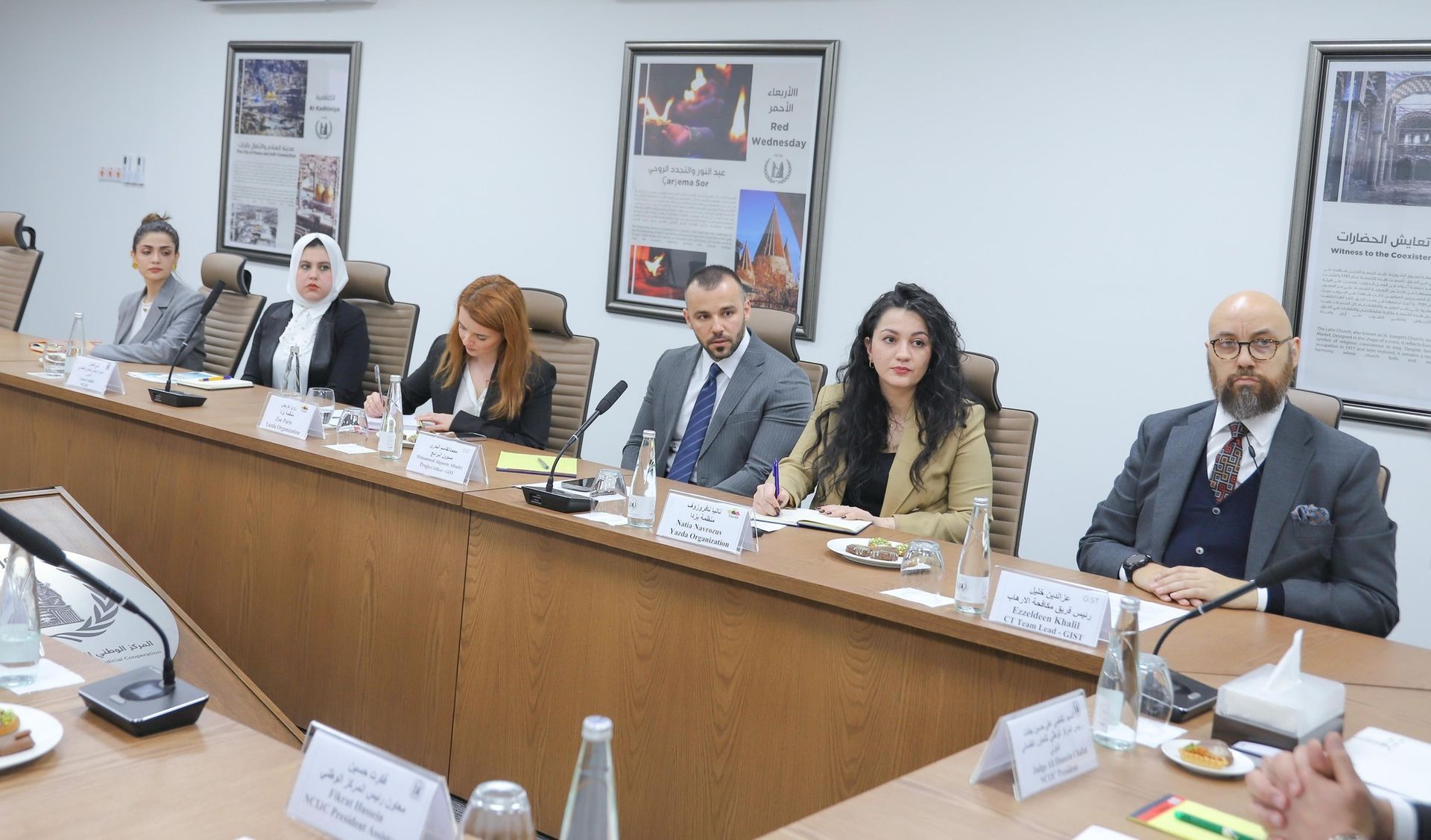
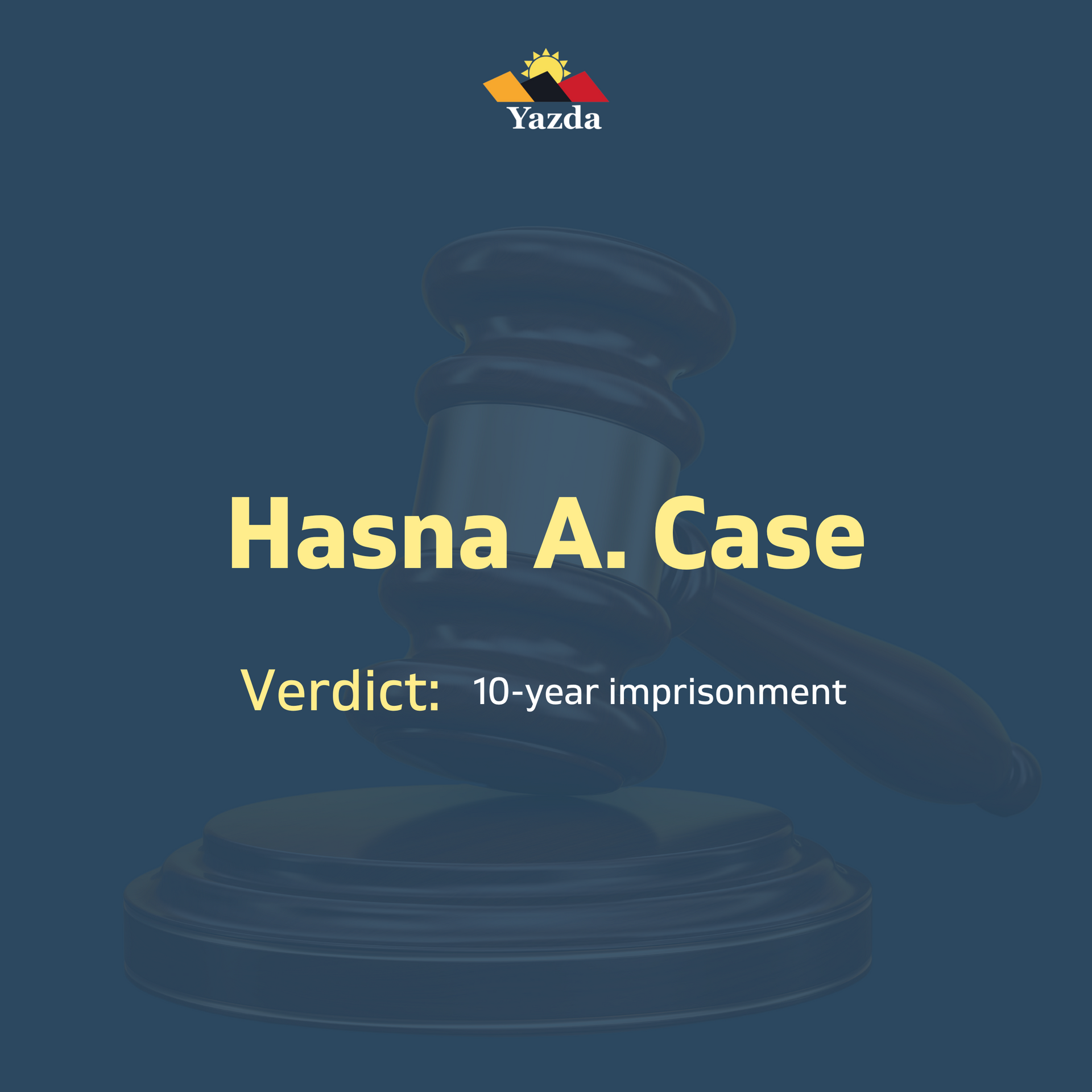
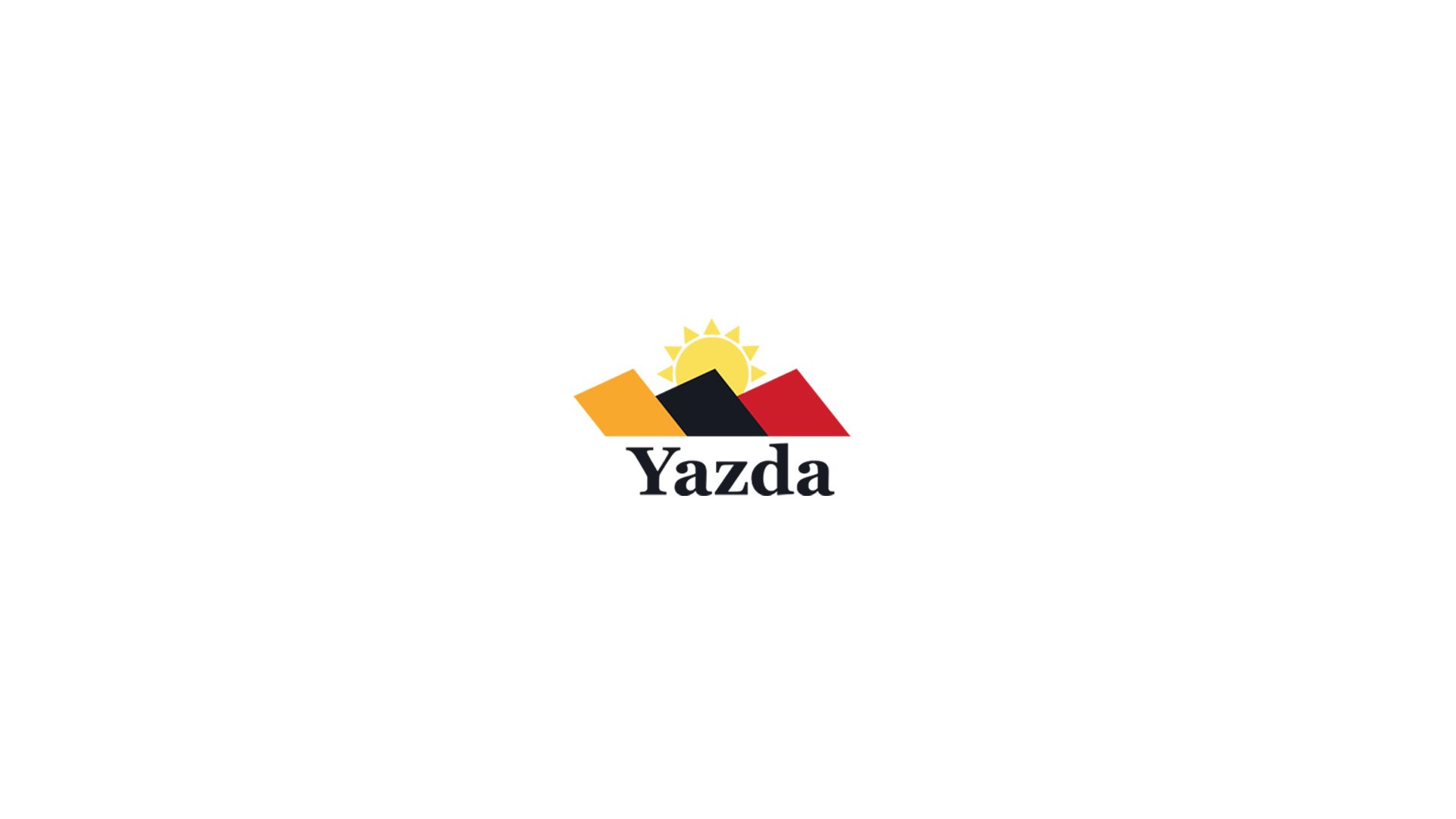
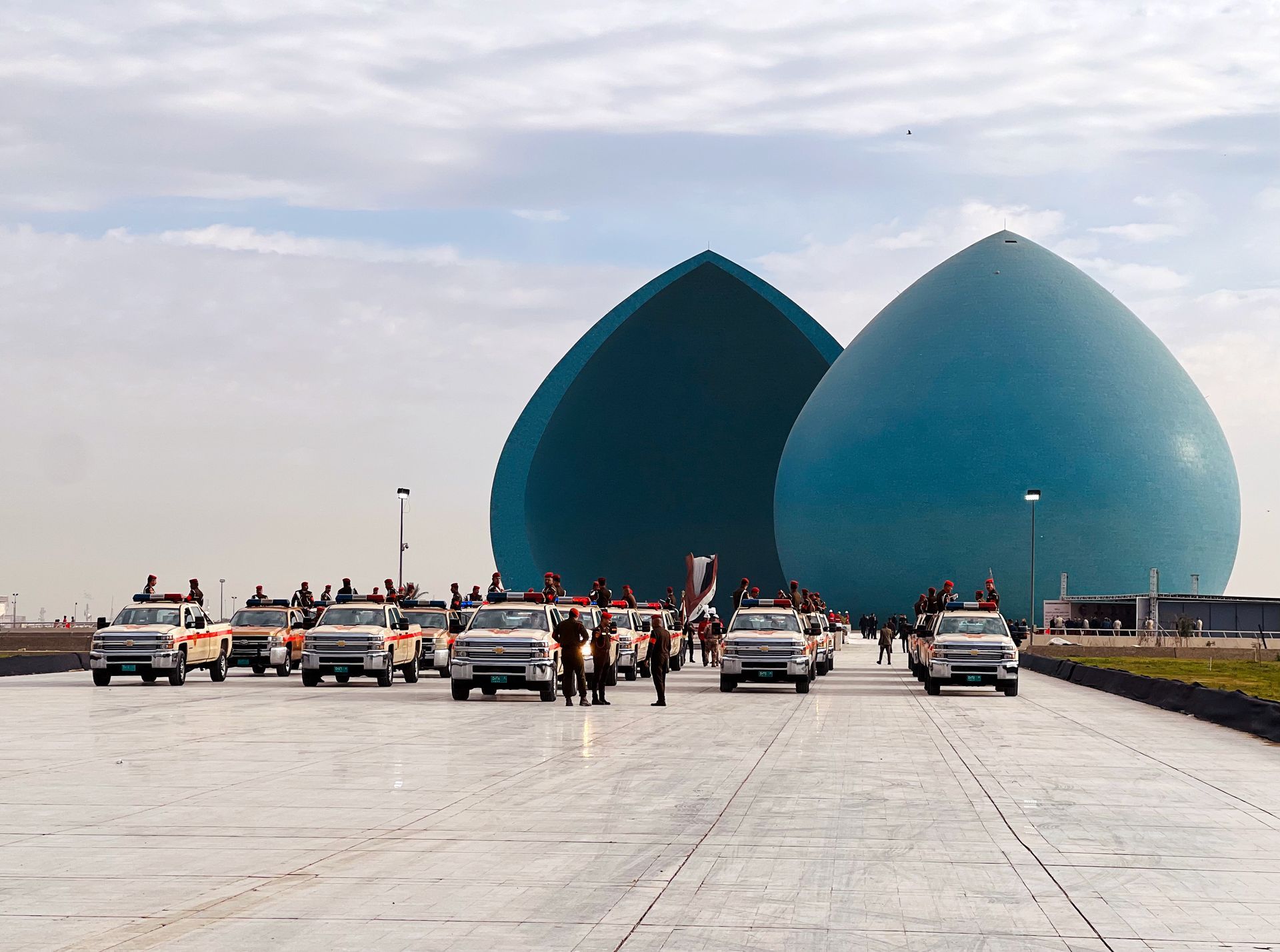

300 North 27th Street, Suite C.
Lincoln, Nebraska 68503, USA
info@yazda.org
All Rights Reserved | Yazda
